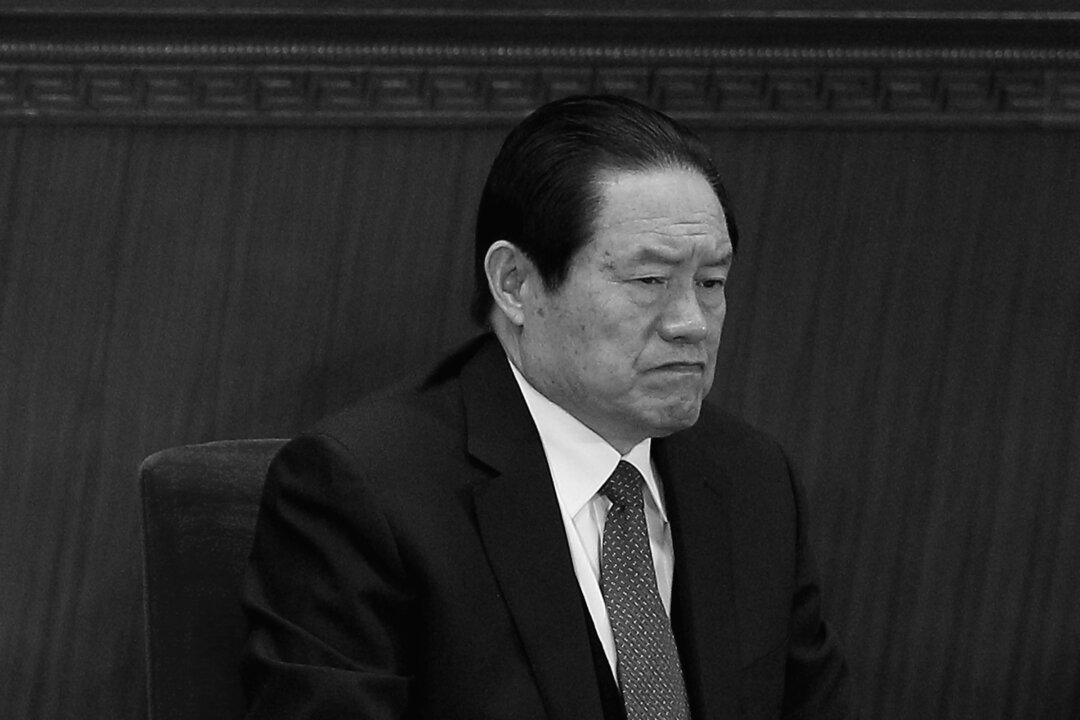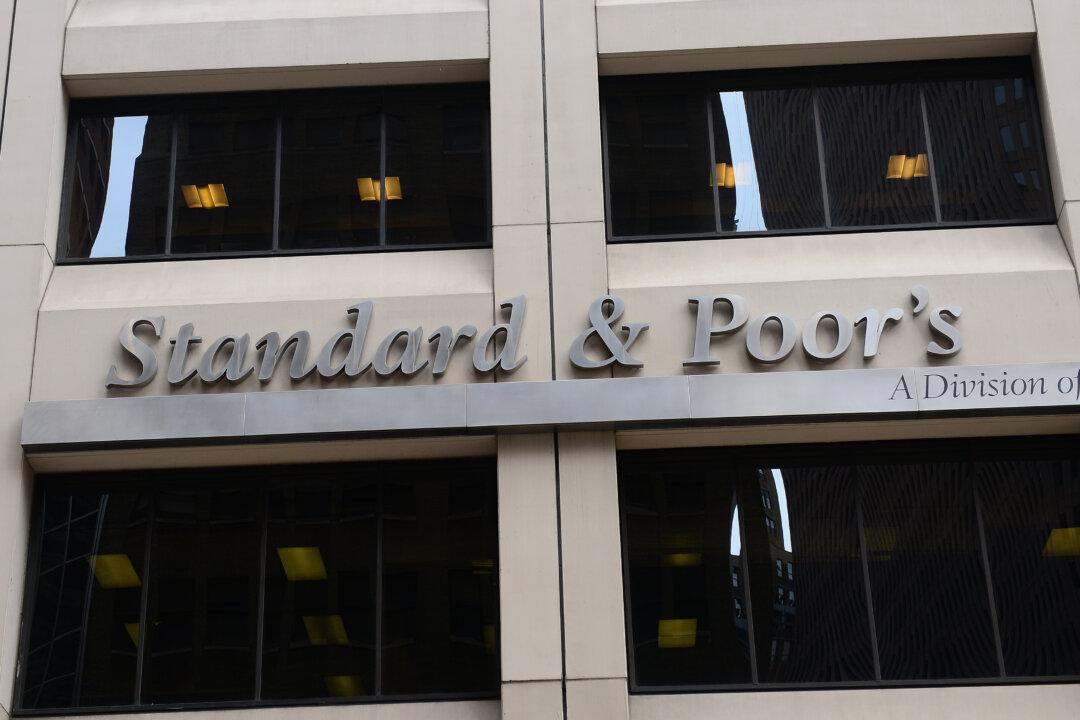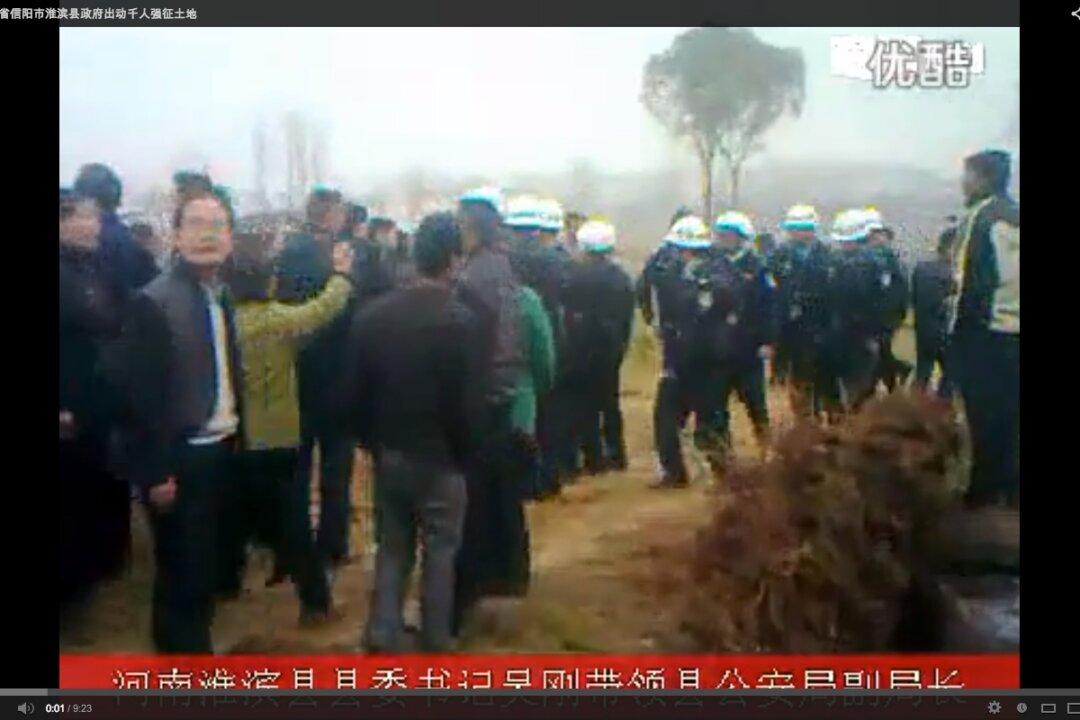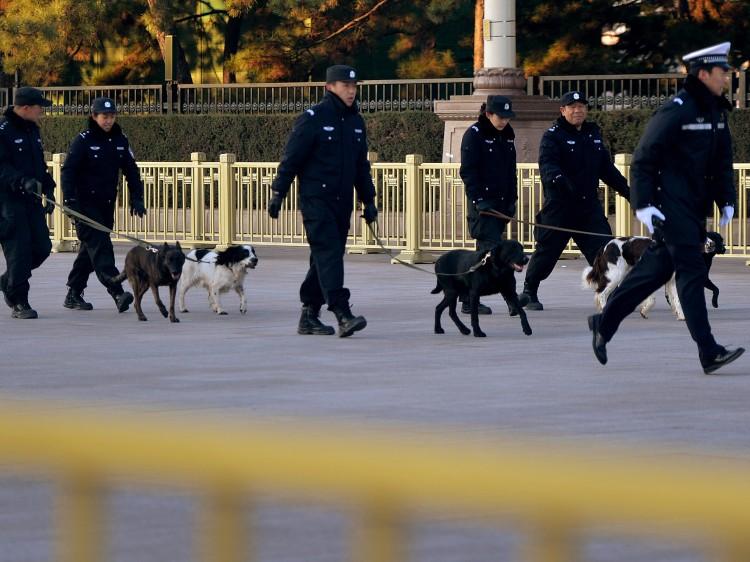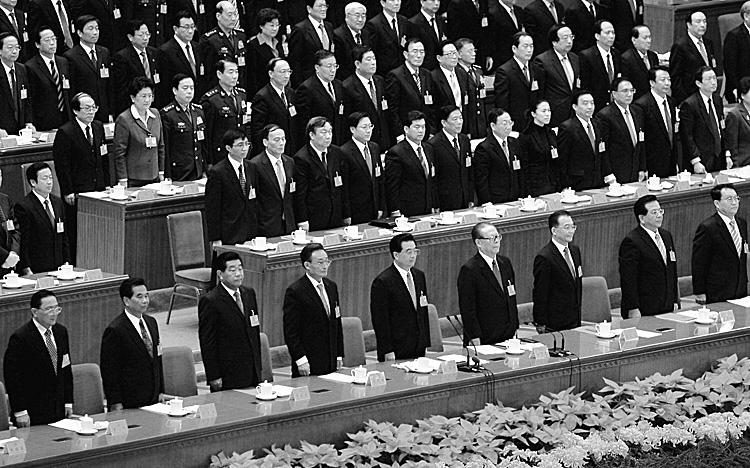Zhou Qiang, president of the Supreme Court of the Chinese Communist Party, has written an article hinting publicly for the first time about an incident in which a certain group of Party officials tried to seize power.
The article was published in China’s state-controlled media and alleged that former security czar Zhou Yongkang, former Politburo member Bo Xilai, and others “engaged in unorganized political activities.”
The allegation has attracted wide public attention. Some analysts believe that this semi-publicizing of Zhou and Bo’s attempted coup d'état means Beijing authorities might use the crime to bring charges against Zhou Yongkang.
Zhou Qiang originally made his allegations in a document he prepared for the Supreme Court, which was issued on March 18. In the document, he emphasized “fully recognizing Zhou Yongkang and Bo Xilai’s trampling on the law” and “the serious harm of unorganized political activities.”
He also advocated “completely eliminating the adverse effects caused by Zhou Yongkang’s serious violation of the law and the negative effect on the work of the Court.”
China’s major websites and official media reported the news, which immediately drew attention in China and abroad. Overseas Chinese media weighed with analysis of the article.
It is generally believed that the article is a signal that Beijing authorities will punish Zhou Yongkang severely.
Some analysts indicate that the allegations of “engaging in unorganized political activities” came directly from Zhou Qiang, which means the authorities could charge Zhou Yongkang with this crime. This also supports overseas reports on Zhou and Bo’s coup plot.
Several media reports have stated that Zhou Qiang’s allegation of “unorganized political activities” confirms the rumors about the political activities of Bo Xilai, Zhou Yongkang, and two other Party officials named Ling Jihua and Xu Caihou.
These rumors spread before Zhou Yongkang was arrested. The four were all placed behind bars, and Xu Caihou died recently.
Next Target: Jiang
In addition to the hints about the coup, Zhou Yongkang’s involvement in illicit organ transplantation has been discussed publicly by Huang Jiefu, former deputy minister of the Ministry of Health. Some analysts indicate that after the National People’s Congress and the Chinese People’s Political Consultative Conference (the “two meetings” ended in the second week of March), officials loyal to current Party head Xi Jinping have hinted frequently about the coup d'état and forced, live organ harvesting done by supporters of former Party leader Jiang Zemin.
The analysts believe the purpose is to pave the road for the conviction of Jiang Zemin and his powerful supporter Zeng Qinghong, the men behind these two core crimes.
On March 15, Phoenix Satellite Television presented a video interview of Huang about Zhou Yongkang’s involvement with organ harvesting from executed prisoners. Many Chinese state-controlled media reprinted the interview.
In it, Huang spoke about the relationship between organ transplants from executed prisoners and the Chinese government’s hunt for “big tigers”—that is, the current campaign to investigate and weed out corrupt Party officials.
“Zhou Yongkang is a big tiger,” Huang said in the interview. “Zhou Yongkang is the secretary of our Politics and Law Committee and a former member of the Politburo Standing Committee; we all know this. The newspapers are talking about his background every day.”
